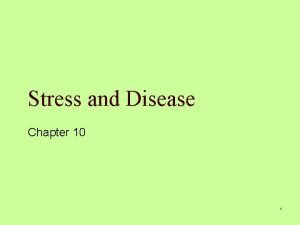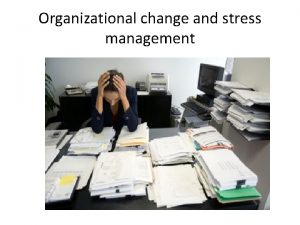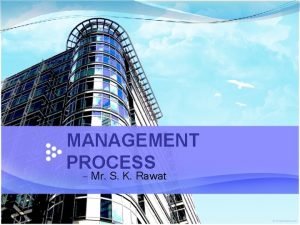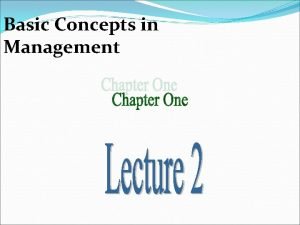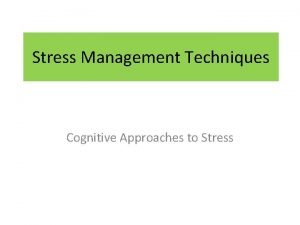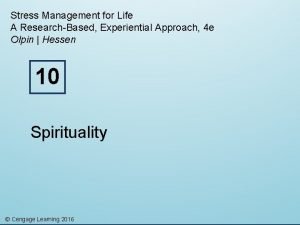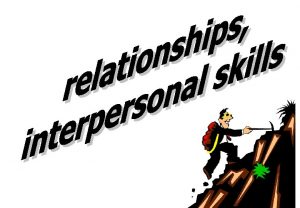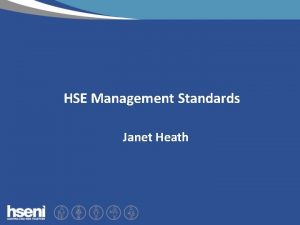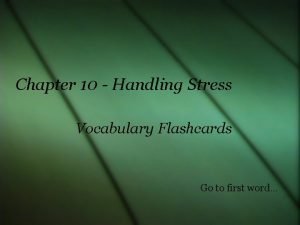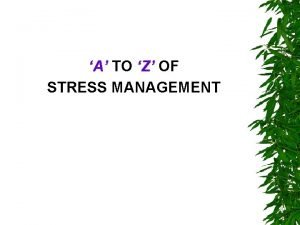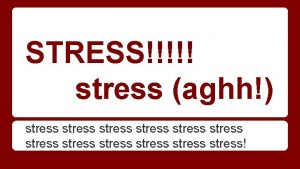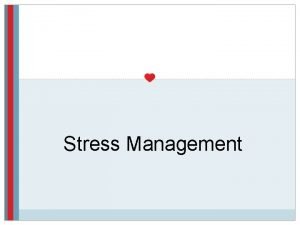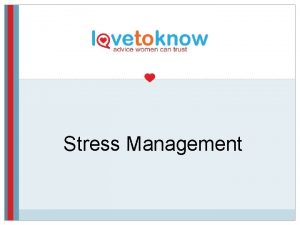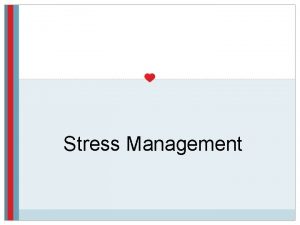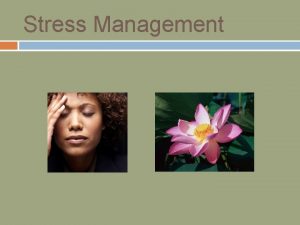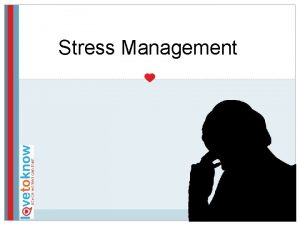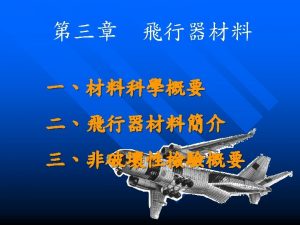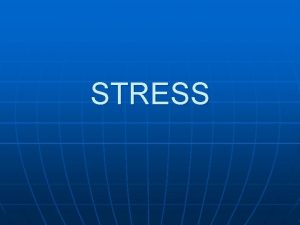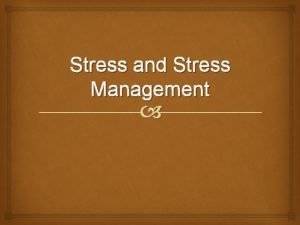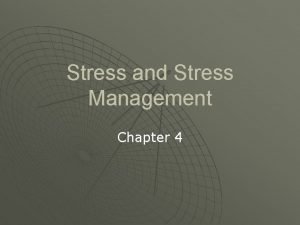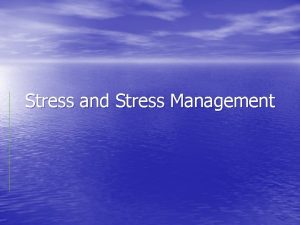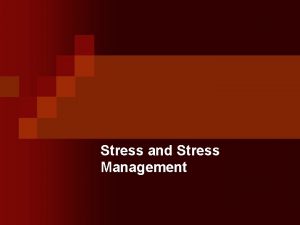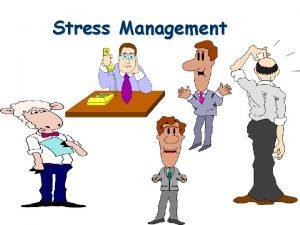STRESS and STRESS MANAGEMENT What is Stress a

















- Slides: 17

STRESS and STRESS MANAGEMENT

What is “Stress”? § “… a physical, chemical, or emotional factor that causes bodily or mental tension and may be a factor in disease causation” –Merriam-Webster 1998 § “Any factor that threatens the health of the body or has adverse effect on its functioning. . The existence of one form of stress tends to diminish resistance to other forms. Constant stress brings about changes in the balance of hormones in the body. ” -Bartam Medical Dictionary, 1981

What is “Stress” There are two different kinds § Distress § Eustress

Distress The “bad” kind of stress § § § Work demands Death of a friend or family member Car Troubles Financial Issues Etc…

Eustress The “good” kind of stress § § § Job promotion Purchasing a new home Marriage and birth of baby The holidays Etc….

Distress vs. Eustress § The “dis” and the “eu” refer to the stressor, not the impact of the stressor § Both can be equally taxing on the body § Stress in cumulative in nature

What causes you stress?

STRESSORS § Daily hassles are the little hassles or annoyances that occur practically everyday, such as having to make decisions, arguing with friends and family, trying to meet deadlines at school or work.

Types of Stressors § § § Physical Psychological Internal External Acute Chronic

Physical vs. Psychological § Physical – those events having direct physical threat to one’s well being (heat/cold, infections) § Psychological – events that challenge our well being because of our perception of them (death, failure to achieve goals, obsessive-compulsive traits, irrational beliefs

Internal vs. External § Internal – intense worry about a harmful event that may or may not occur. (failing a test) § External – adverse physical conditions (hot or cold, pain) or stressful psychological environments (poor working conditions, or abusive relationships

Acute vs. Chronic § Acute – is a reaction to immediate threat. The threat can be any situation that is experienced, even subconsciously or falsely, as a danger (Fight or Flight) § Chronic – modern life poses on-going stressful situations that are not short-lived and the urge to act must be suppressed

Short Term Physical Symptoms § § § § Faster heart beat Increased Sweating Cool Skin Cold hands and feet Feelings of nausea or butterflies in stomach Rapid breathing Tense muscles Dry mouth

Short Term Performance Effects § § § § § Interferes with clear judgment Reduce your enjoyment of work Impedes fine motor skills Difficult situations seen as a threat instead of a challenge Promotes negative thinking Damages self-confidence Narrows attention Disrupts focus and attention Cannot cope with distractions

Long Term Physical Symptoms § § § § § Change in Appetite Frequent colds Asthma Back pain Digestive problems Headaches Skin eruptions Sexual disorders Aches and pains Intense and long-term tiredness

Stress Management § § § Music Progressive Muscle Relaxation Deep Breathing Mental Imagery Exercise/Meditation/Yoga Time Management

Next § Move onto the stress article. § When finished reading, proceed to the discussion board. § Then, we’ll move onto to depression.
 Chapter 10 stress responses and stress management
Chapter 10 stress responses and stress management True stress and engineering stress
True stress and engineering stress Normal stress
Normal stress Change and stress management
Change and stress management Chapter 18 organizational change and stress management
Chapter 18 organizational change and stress management Motivation and stress management
Motivation and stress management Pyramid levels of management
Pyramid levels of management Top management middle management first line management
Top management middle management first line management Top management and middle management
Top management and middle management Cognitive stress management techniques
Cognitive stress management techniques Objectives of stress management
Objectives of stress management Stress management for life
Stress management for life Life skills stress management
Life skills stress management Mental health coping skills jeopardy
Mental health coping skills jeopardy Hse stress management standards
Hse stress management standards Thesis statement about stress
Thesis statement about stress Chapter 10 handling stress
Chapter 10 handling stress Abc modell stress management
Abc modell stress management
